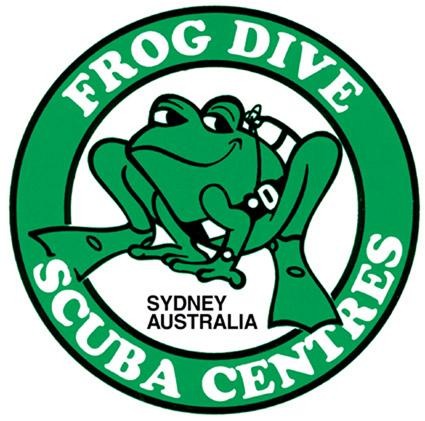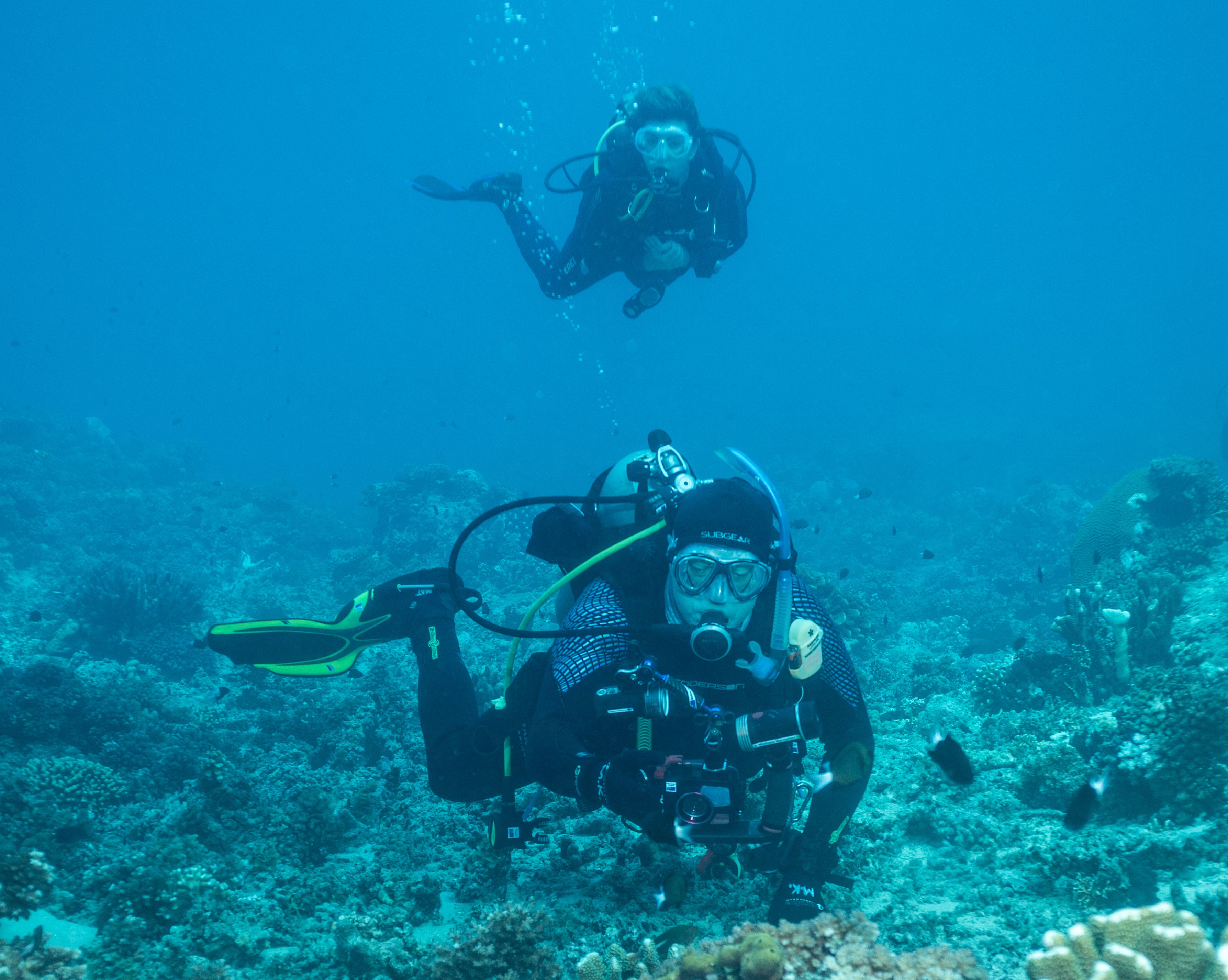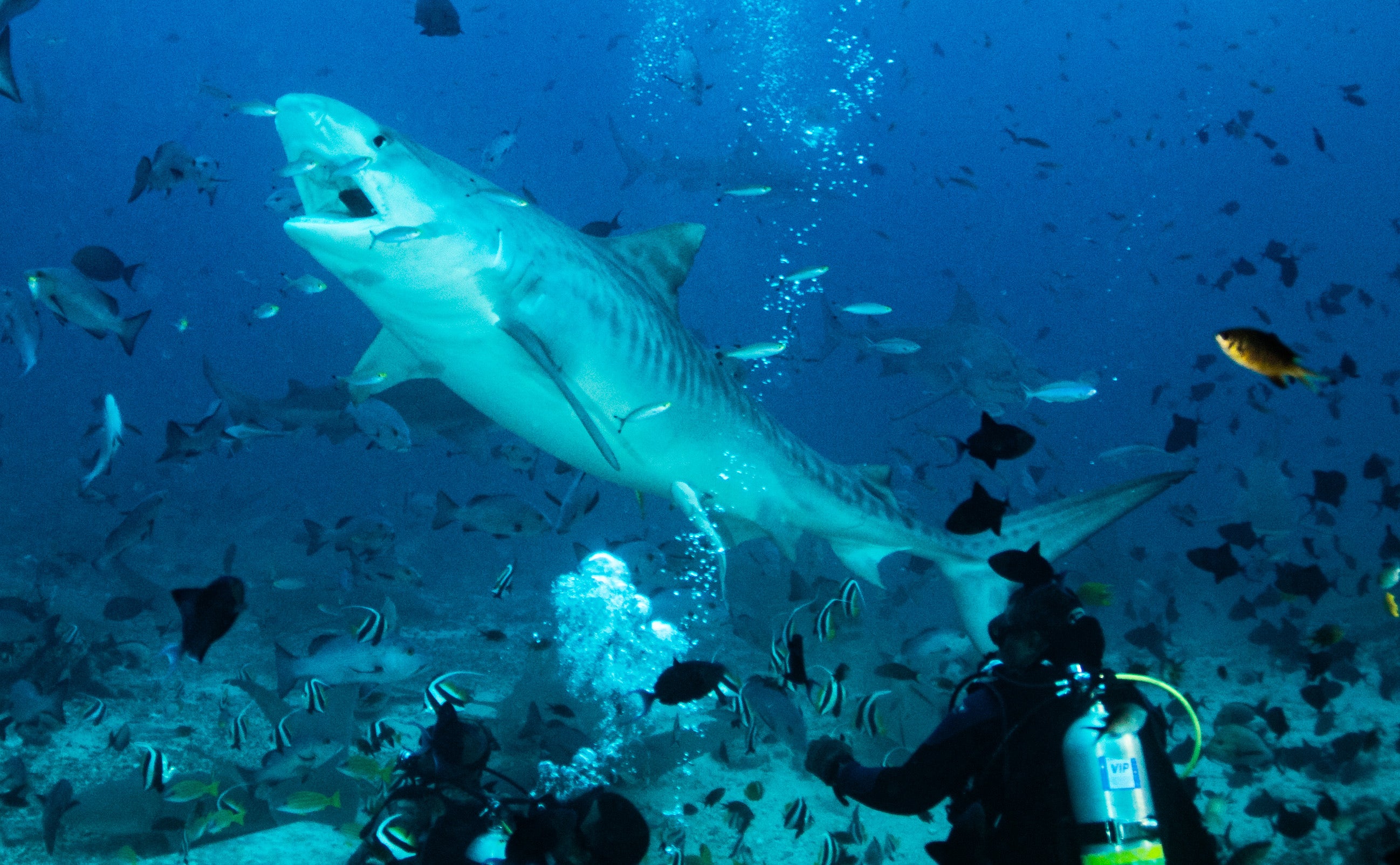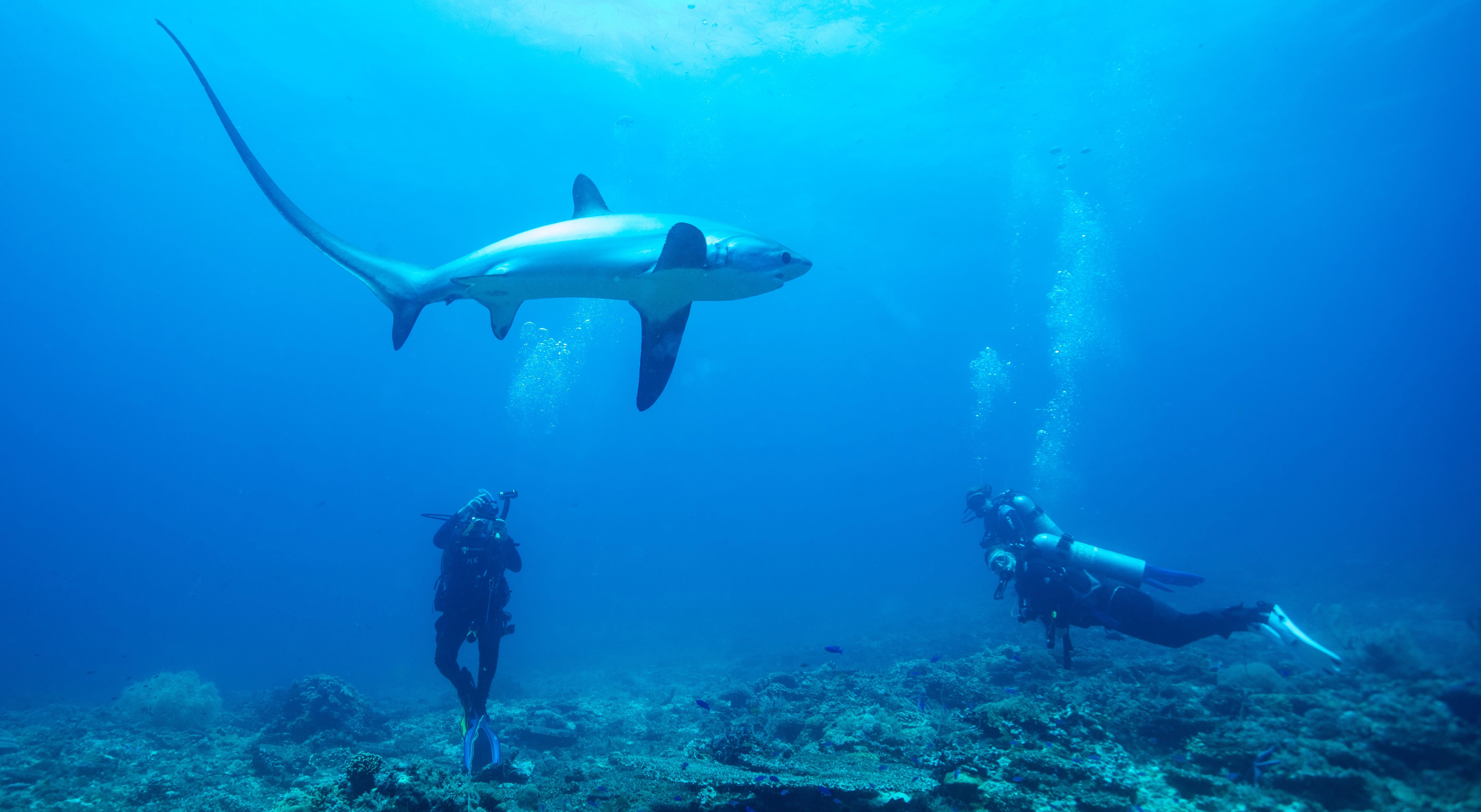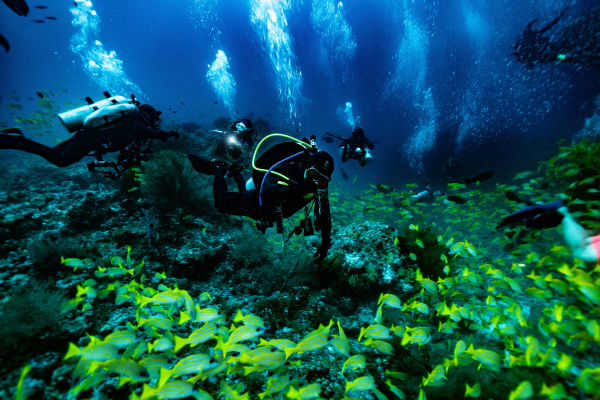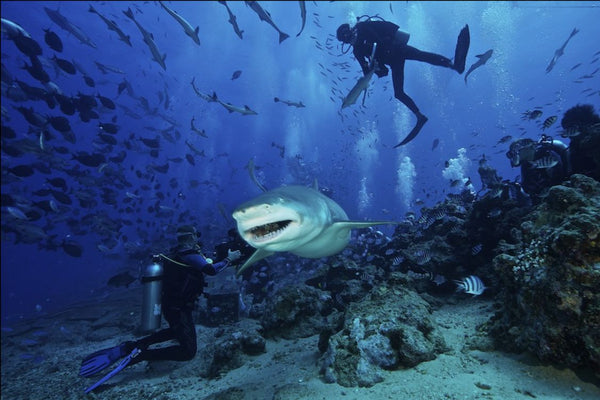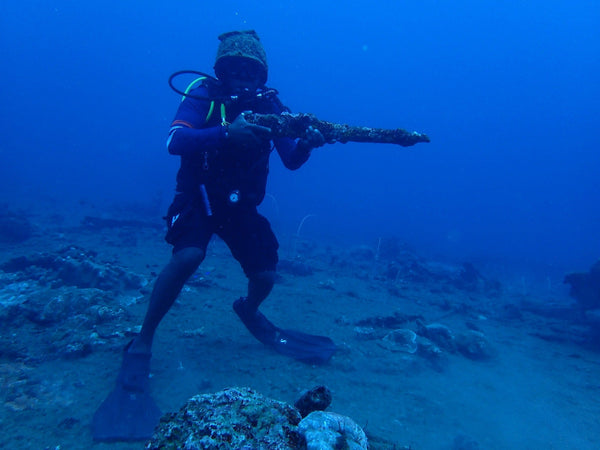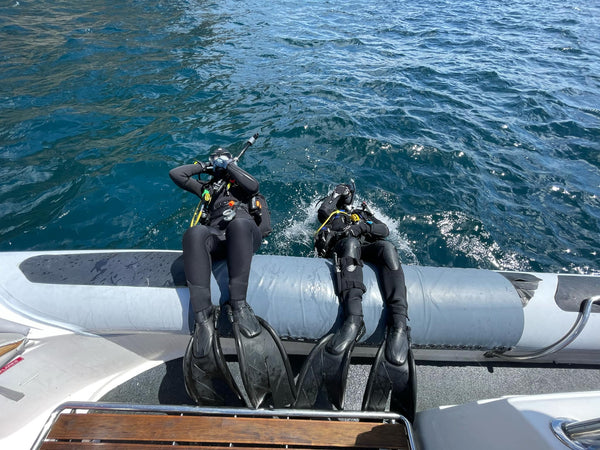Mastering Underwater Navigation: A Key Skill in Scuba Diving Lessons Sydney

Why Does Underwater Navigation Matter in Sydney?
Learning to scuba dive is thrilling. You see fish, reefs, wrecks. You feel weightless underwater. But nothing spoils a dive faster than not knowing where you are. That’s where good underwater navigation comes in.
In Sydney, with its rocky shores, kelp forests, frequent currents, and varied visibility, navigation is more than a useful skill. It is essential. Instructors with years of local experience know this: divers who can navigate enjoy safer, more confident dives.
What Skills Should Every Diver Practise?
Key underwater navigation skills include:
- Compass use: swimming straight lines, setting headings, returning on a reciprocal course.
- Estimating distance: kick cycles, time, or fin strokes.
- Navigational patterns: squares, U‑turns, and expanding searches.
- Natural navigation: using reef features, sunlight, or sand patches.
- Map sketching: simple dive site maps before or after the dive.
- Drift and current planning: letting water movement guide you safely.
- Contingency skills: what to do if gear fails or visibility drops.
Where in Sydney Do Navigation Skills Matter Most?
Sydney’s popular dive sites each test navigation differently:
• Bare Island: rocky points and inlets make landmarks look similar. Compass skills prevent confusion.
• Shelly Beach, Manly: busy site with many divers. Mapping routes keeps you on track.
• Long Reef and Magic Point: strong currents and deeper walls demand drift navigation and compass reliability.
What Gear Makes Navigation Easier?
Essential tools include:
- A quality underwater compass.
- Dive computer with heading and depth functions.
- SMB (surface marker buoy) and reel for drift dives.
- Slate or map board for sketching.
- Well‑fitting fins to ensure consistent kick cycles.
Good gear hire services in Sydney, such as Frog Dive Gear Hire, let new divers practise without needing to buy everything upfront.
How Is Navigation Taught in Scuba Diving Lessons Sydney?
Navigation training usually has three stages:
1. Theory sessions: compass basics, current planning, safety protocols.
2. Confined water: pool practice for headings, distance, and control.
3. Open water: applying skills in real Sydney conditions like shore dives.
The PADI Underwater Navigation Specialty at Frog Dive includes structured dives where each skill is repeated until students gain confidence.
What Should You Look For in a Dive School?
Choosing a school makes a difference. Check for:
- Instructor qualifications and local experience.
- Small class sizes for more attention.
- Quality of hire gear like compasses and slates.
- Access to varied training sites with different terrain.
- Flexible practice options, such as private guided shore dives or club dives.
Frog Dive has decades of experience and offers all of these options in Sydney.
How Can Divers Practise Navigation on Their Own?
Tips to improve navigation outside lessons:
- Plan your route before entering the water.
- Use shore landmarks and check them against compass bearings.
- Draw a simple sketch map after every dive.
- Log compass headings and compare them with actual return paths.
- Alternate roles with your buddy to practise leading and following.
- In poor visibility, focus on slope, reef contours, or kelp beds as natural cues.
What Do Safety Standards Require?
Navigation training is always linked to safety. Divers must:
- Plan dives with tides, currents, and forecasts in mind.
- Follow buddy system protocols.
- Carry SMBs and signalling devices.
- Stay within recognised agency standards like PADI or SDI.
- Respect marine park regulations and local laws.
FAQs
Q: Do I need navigation skills for my Open Water Diver course?
A: You’ll learn basics, but the full specialty gives you greater confidence.
Q: How many dives before navigation feels natural?
A: Around 4‑6 practice dives, plus structured lessons, make a big difference.
Q: What happens if I lose my compass?
A: Use natural landmarks, sunlight, or safely ascend with an SMB.
Q: Can I hire navigation gear in Sydney?
A: Yes, gear hire services provide quality compasses, slates, and computers.
Q: Is it safe to learn navigation in low visibility?
A: Yes, instructors choose suitable sites and conditions for practice.
Q: Can private guided shore dives include navigation?
A: Yes, instructors can tailor these sessions to focus on compass work and mapping.
